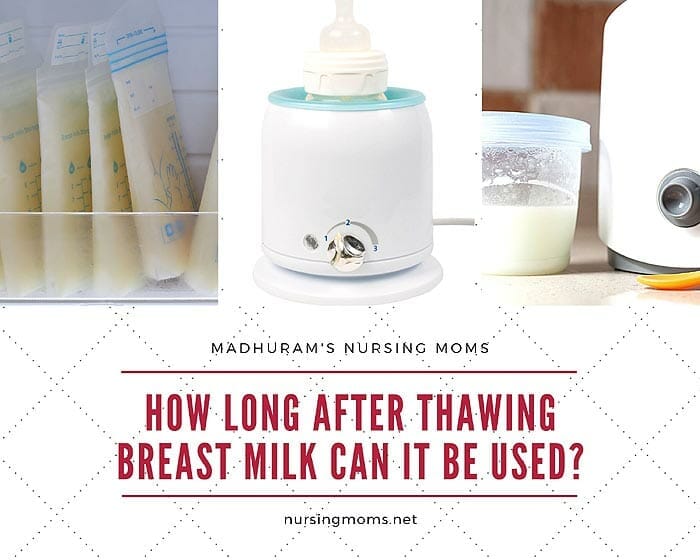
As a nursing mother, your body will go through a lot of changes. Due to fluid retention, which often happens during the breastfeeding phase, you will notice swelling in your feet, hands, ankles, or legs. These swellings are called Edema, and they are common among breastfeeding mothers.
Jump to:
Why nursing moms suffer from edema?
After childbirth, your body will retain more fluid than usual. While this is not concerning in normal conditions, the swelling caused by this side effect can be uncomfortable. This condition is usually temporary, but it can still be challenging to deal with for new mothers.
- The causes of postpartum edema are still unknown. Science believes that it is a strong correlation between this condition and the unbalance of estrogen and progesterone levels.
- During pregnancy, edema might be caused by the pressure of the growing uterus on the vena cava. This pressure slows down the blood flow and encourages fluid to build up in different areas of your body.
- Postpartum, the edema condition can be facilitated by administering IV fluids which happens more often for mothers that gave birth through a C-section.
- Also, it is essential to specify that edema can be more present during hot, summer days or those days when the new mother had to stand for a more extended period.
Suggested Reading:
![]()
What are the symptoms of Edema?
Edema can come with various types of discomfort. The most obvious symptom of this condition is swelling in different parts of the body.
- However, you can also experience itchiness and even pain from mild to severe. In addition, your skin might look shiny and become thinner due to stretching in certain areas.
- While these symptoms can vary in intensity, there are situations when you should definitely talk to a doctor to find the best treatment for edema.
Suggested Reading:
![]()
When to see a doctor?
Find the symptoms of edema to intervene with your daily tasks. You should see your doctor keep this condition under control.
- In severe situations, edema can cause shortness of breath or difficulty breathing and chest pain.
- In normal conditions, postpartum edema goes away or decreases in intensity in the first month after giving birth. However, if the symptoms persist and become chronic, it is essential to talk to your doctor.
![]()
Possible treatment for Edema
Edema treatment includes adjusting your lifestyle to healthier parameters as well as the medical treatment your doctor could prescribe you. Here are a few things you can do to alleviate the discomfort caused by postpartum edema!
- Have a balanced diet: It is vital to avoid salty foods and stay away from junk food if you deal with edema. Instead, choose lean meat and increase your fruits and veggies in your daily diet. Also, add veggies rich in vitamin C, such as tomatoes and broccoli, and make sure you stay hydrated throughout the entire day.
- Take a seat every now and then: Being a new mother can be exhausting, and you might have moments when you stand up longer than usual. But this only makes your edema get worse. Try to take a break and sit down when you get the chance. Don't cross your legs for an extended time, as this can reduce blood circulation.
- Get a professional massage once a week: Massages can help relax your body, reduce tension and improve blood circulation. If you invest in one or two massage sessions a week, you will notice a significant improvement in your overall health and reduced edema symptoms.
- Try acupuncture: If your doctor considers this an option that suits you, acupuncture can significantly improve blood circulation. This will reduce edema and increase your energy level at the same time.
Suggested Reading:
![]()
While edema can be quite uncomfortable, a healthy lifestyle can keep this condition under control. Get the rest you need and make sure you eat a healthy diet to stay on top of such issues. If you can't see, to control your edema, you should talk to your doctor and follow the treatment they recommend.
![]()




